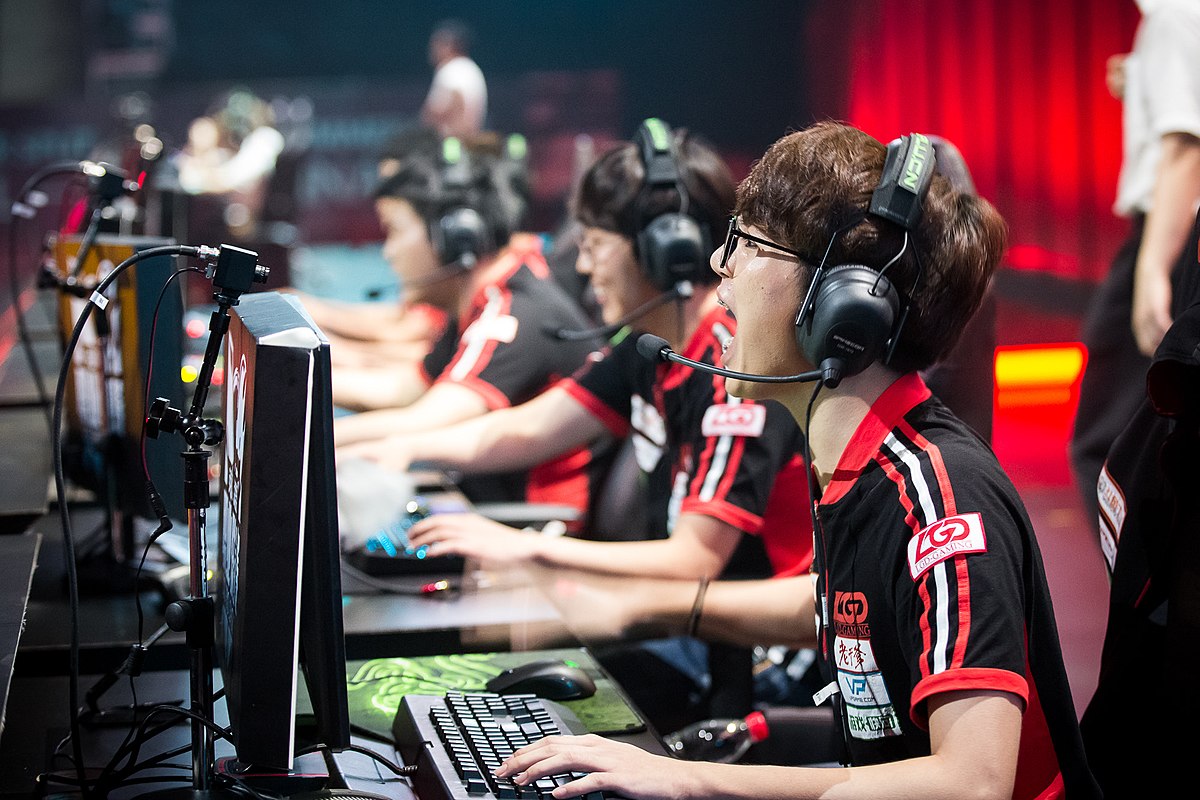In recent years, the world of competitive video gaming, known as esports, has experienced an explosive growth in popularity. Esports tournaments now attract millions of viewers and offer substantial prize pools, making them a viable avenue for professional gamers. Alongside this surge in popularity, esports betting has emerged as a significant industry, bridging the virtual world of gaming with the real-world excitement of wagering. This article delves into the realm of esports betting, exploring how it brings virtual and real-world experiences together.
The Rise of Esports
Esports refers to competitive video gaming, where players or teams compete against each other in various video game titles. The evolution of esports has been remarkable, transforming from small LAN (Local Area Network) gatherings to massive, globally-recognized events that fill stadiums and command a vast online viewership.
Esports titles like League of Legends, Dota 2, Counter-Strike: Global Offensive, and Fortnite have become household names, with professional players earning substantial incomes and fan followings. Esports organizations, similar to traditional sports teams, scout talent and sign players to lucrative contracts. This rise in professionalism and recognition has laid the foundation for the growth of esports betting.
Esports Betting: A Booming Industry
Esports betting is the practice of wagering on the outcomes of esports matches and tournaments. It mirrors traditional sports betting in many ways, offering a wide range of markets, including match-winner, handicap betting, and proposition bets like first blood or map score predictions. Esports betting has quickly become a massive industry, attracting both casual gamers and dedicated enthusiasts who are eager to engage with their favorite esports titles in a new and exciting way.
Several factors have contributed to the rapid expansion of esports betting:
- Accessibility: Online platforms make it easy for anyone to place bets on esports events, with many reputable bookmakers offering a wide array of markets.
- Global Appeal: Esports tournaments feature teams and players from all over the world, attracting a diverse international audience of bettors.
- Live Streaming: The availability of live streaming on platforms like Twitch and YouTube Gaming allows bettors to follow matches in real-time and make informed bets.
- Diverse Titles: Esports encompasses a variety of games, catering to different tastes and preferences. This diversity means there are always exciting events to bet on.
The Convergence of Virtual and Real
Esports betting is unique in that it brings together the virtual world of gaming with the real-world excitement of betting. This convergence has several implications:
- Engagement: Esports betting enhances the engagement of viewers. Fans are more invested in the outcomes of matches when they have a financial stake in the game.
- Skill and Knowledge: Successful esports betting requires a deep understanding of the games and players. It rewards skill and knowledge, similar to traditional sports betting.
- Sponsorships and Investments: As esports betting grows, it attracts sponsorships and investments from traditional sportsbook operators, further legitimizing the industry.
- Regulation: Governments and regulatory bodies are increasingly scrutinizing esports betting to ensure fair play and protect consumers, bringing a level of legitimacy and security to the market.
Esports betting has rapidly evolved from a niche activity into a mainstream form of entertainment. As the esports industry continues to grow, so too will the world of esports betting. This convergence of virtual and real-world experiences offers a unique blend of excitement and engagement for both fans and bettors alike. However, it is crucial to approach esports betting responsibly, understanding the risks involved and enjoying it as a form of entertainment within one’s means. As esports betting continues to gain traction, it represents a fascinating intersection of technology, entertainment, and competition in the modern era.



